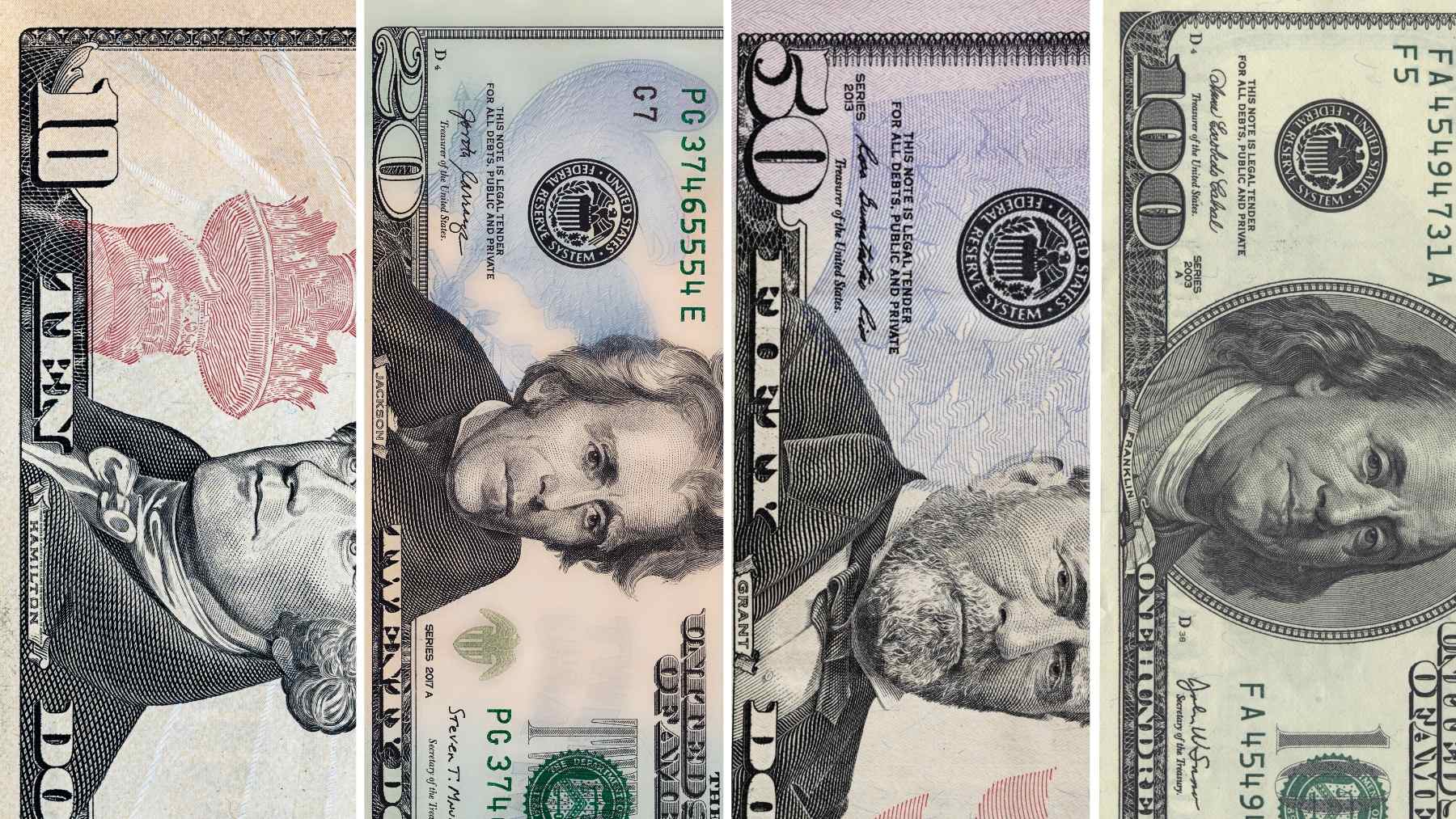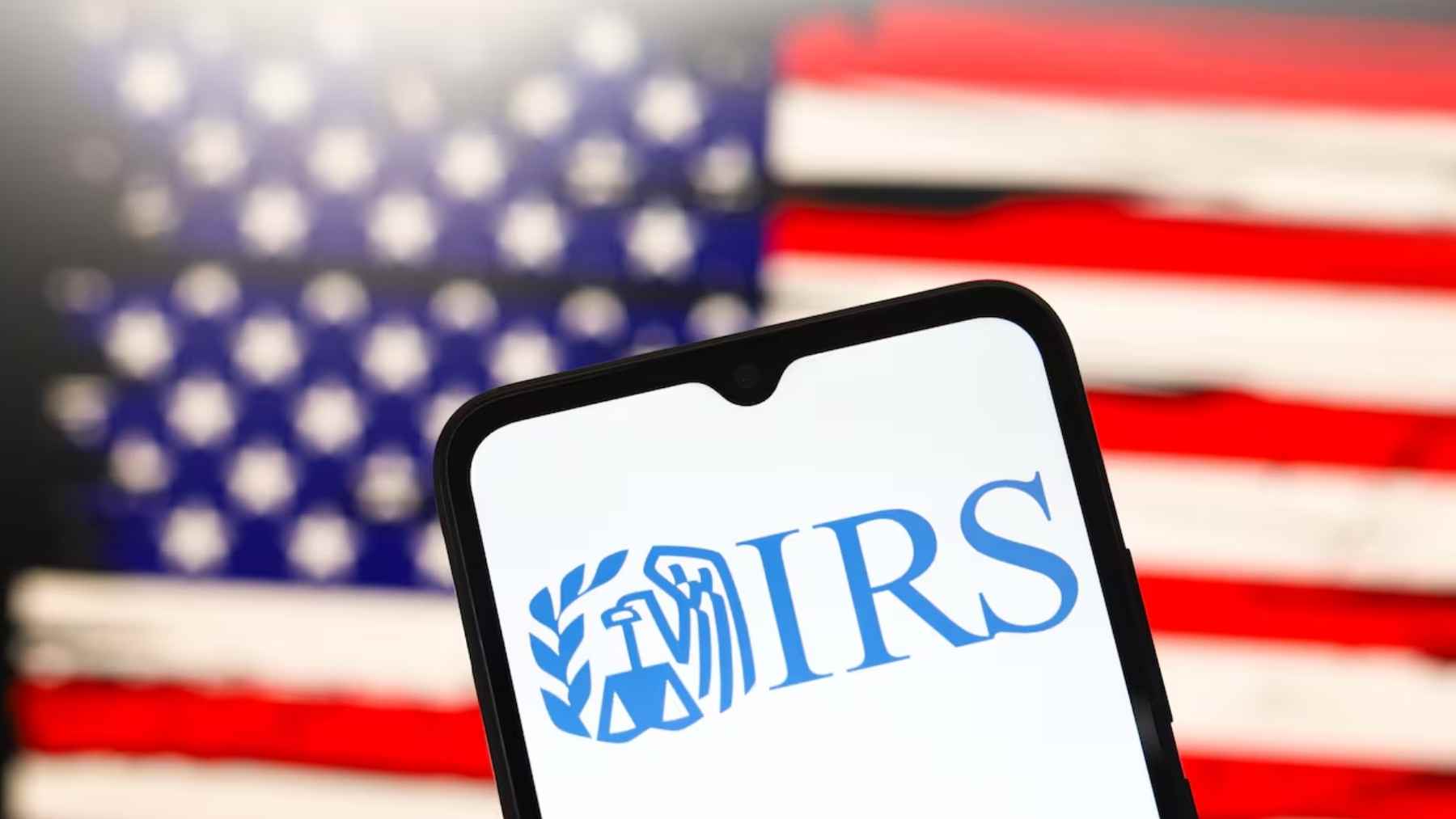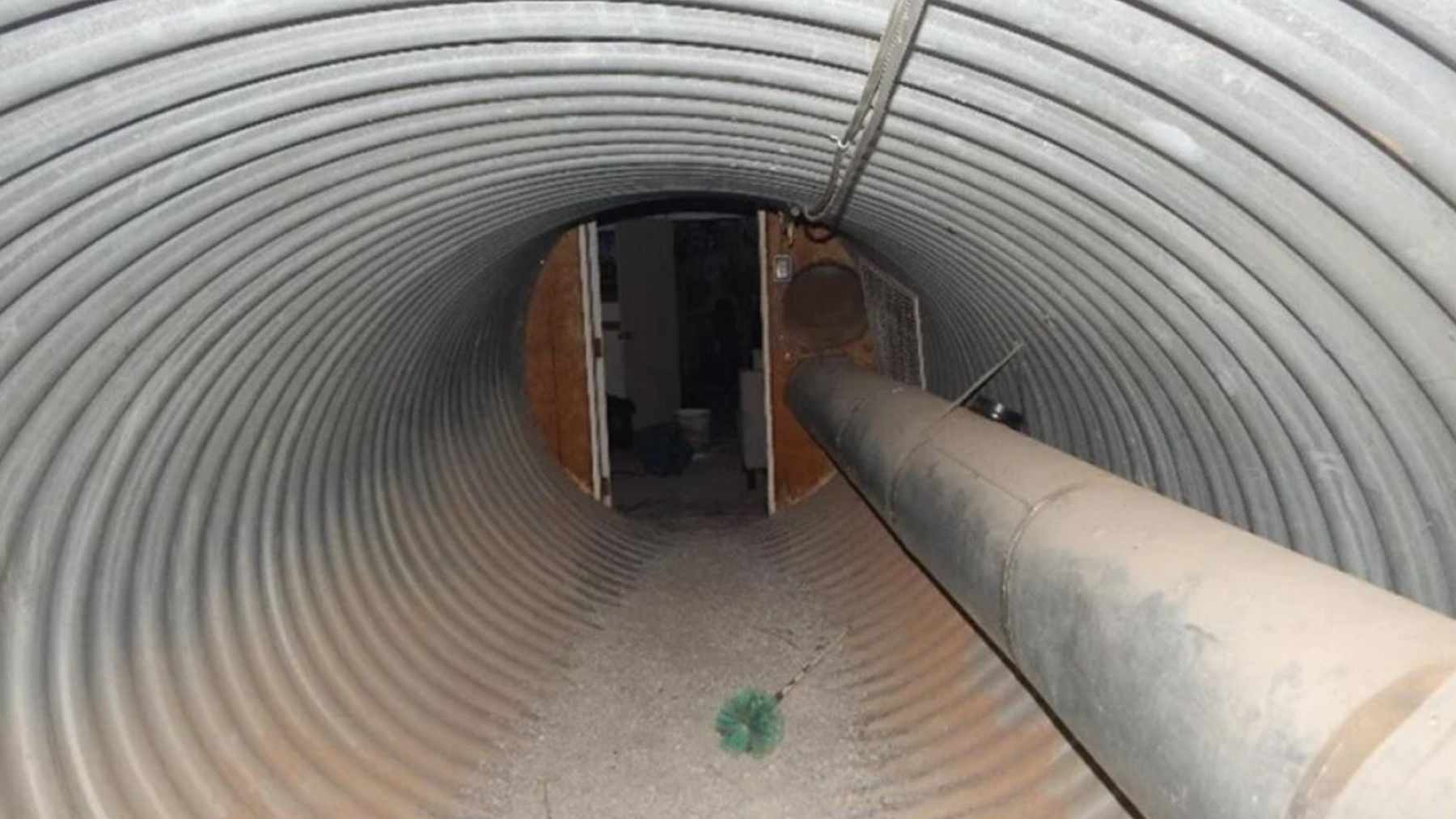With the federal income tax season came to a close in April earlier this year, with the majority of tax rebates paid out by now by the federal government, individual states are still underway paying out their residents tax rebates. Some of these rebates are related to state income tax, while others are targeted to bring tax relief for specific state policies. This month, this one state is set to send out multiple tax reduction to eligible residents, with payments ranging from $300 to $1,500.
The difference between federal and state income tax
Generally, when considering tax, most think of income tax liabilities. While paying federal income tax is a non-negotiable if you earn an income which is above a certain threshold, not all states require you to pay income tax. If you are under the age of 65, you are required to file a tax return on your income if you earn over the following:
- Single filer: A gross income above $14,600
- Head of Household: A gross income above $21,900
- Married couples filing jointly: A gross combined income above $29,200
- Married couples filing separately: A gross combined income of $5 or more
- Qualifying surviving spouses: A gross income above $29,2000
Additionally, while you may not be required to pay federal income tax, you are still required to file a tax return if you want to claim credits or rebates, have over $400 in net earnings from self-employment. Similar criteria applies for state income tax, however, residents of the following states do not have to pay state income tax: Alaska, Florida, Nevada, South Dakota, Texas, Washington, and Wyoming.
Massive tax reductions for residents of these states
Other than income tax, individuals may also be required to pay taxes on other assets they own such as property taxes. If you call yourself a resident of New York and are a homeowner, you are in luck this month when it comes to property taxes. This month, the state has begun to issue credits and rebates as part of their School Tax Relief (STAR) Program. Approximately 3 million residents are expected to benefit from this program which is set to distribute a total of $2.2 billion to help ease the burden of school property taxes.
According to the New York State Department of Taxation and Finance, there are two ways you can receive your tax rebate:
- Basic STAR: Available to homeowners who meet an income limit of $500,000 or less.
- Enhanced STAR:For seniors aged 65 or older (or one of the spouses in the case of couples) with combined incomes of $107,300 or less for fiscal year 2025.
If you qualify to receive basic STAR rebates, you can receive a tax rebate between $300 to $600. For those who qualify for the enhanced STAR program, you can receive between $700 to $1,500 in property tax relief. The exact amount will vary based on local school taxes in different districts. New York State joins the likes of states such as Pennsylvania who are looking to alleviate the current high cost-of-living the country is facing.
Other initiatives to alleviate the cost-of-living burden
In addition to the STAR program, this year, New York state has begun distributing a number of new initiatives in order to assist residents cope with the cost-of-living crisis, with many of these initiatives aimed at low-income residents in the state.
This year saw the rollout of the new ‘Birth Allowance for Beginning Year’ program, otherwise known as the BABY payment program. As part of this program, the state will be sending out a one-time stimulus payment amounting to $1,800 to eligible New York families who have welcomed a new baby between 2025-2026. The payments are intended to offset the high upfront costs associated with having a newborn. The program is specifically designed for families who are currently receiving social assistance.
Disclaimer: Our coverage of stimulus checks, tax reliefs, tax rebates, tax credits, and other payments is based on the official sources listed in the article. All payment amounts and dates, as well as eligibility requirements, are subject to change by the governing institutions. Always consult the official source we provide to stay up to date and obtain information for your decision-making.













